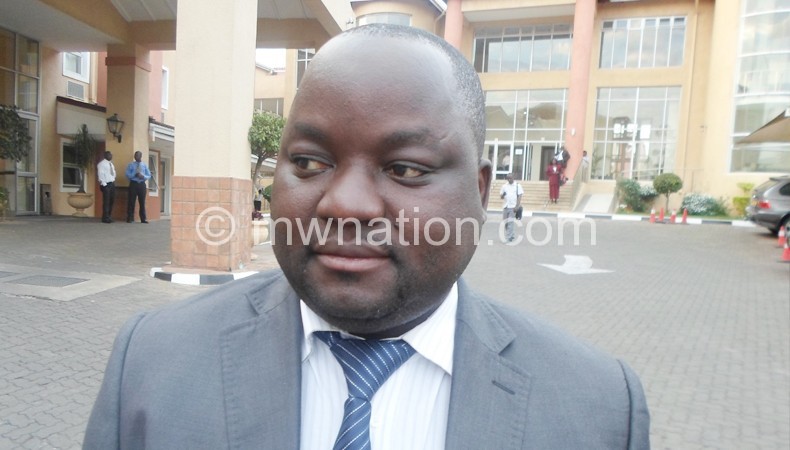Decentralisation in disarray

The country’s development efforts at local government level have stagnated as the implementation of the much-touted decentralisation programme, initiated to devolve political and administrative authority to districts, is facing political hitches that have almost suffocated the programme, Nation on Sunday has established.
Sixteen years after the promising programme kicked off, its major donor, Germany, has pulled out while leaders seem to focus on devolving only less-politically threatening activities, weakening a policy many hoped would empower residents of local authorities to manage their own development, socioeconomic and political affairs.
This also runs counter to the recent re-appearance of councillors, whose traditional role is to foster development at local level.
German Ambassador Peter Woeste this week said his government stopped funding the decentralisation programme due to lack of commitment from central government to devolve power.
“[Decentralisation] cannot work if the central government is not committed. We withdrew because of lack of commitment,” he said.
Catholic Commission on Justice and Peace (CCJP) national coordinator Chris Chisoni also blamed politicians’ love of power as a reason for the failure of decentralisation.
“We, as a nation, may only have done three percent of what is needed to make decentralisation a reality. Malawians were losing people power, community ownership of development processes, bottom-up approach to development are all lost in this process and it entrenches politics of few individuals who are detached from the real problems of the people,” he said.
Chisoni said it is worrying that the decentralisation process has been riddled with contradictory, inconsistent and incoherent implementation policies as well as lack of commitment and zeal.
He blamed it on what he called a political hegemony that is only interested at amassing power and politicising development.
Chancellor College associate professor in the department of political and administrative studies, Dr Asiyatu Chiweza, observed that the country’s decentralisation progress has been slow with selective implementation.
“Only those activities that seem to have less political threat are the ones being moved forward by the bureaucratic elites; for example, functional and some elements of fiscal decentralisation,” she said.
She lamented that institutional integration is yet to be fully achieved, adding that councils are yet to fully operate as integrated units.
“Ministries such as Education, Health still maintain their own parallel district implementation plans developed through parallel processes geared towards meeting the sector standards and targets.
“Council staff belong to different service commissions and have dual accountability: to the district commissioner (DC) or chief executive officer and to the parent ministry. There is frequent transfer of staff, particularly DCs, leading to loss of institutional memory,” she said.
But government, while admitting that there are critical activities that are yet to be devolved to local councils, said the decentralisation process has some strides.
Ministry of Local Government spokesperson Muhlabase Mughogho in an e-mail response said the process of devolution is done in stages/step, namely: (i) development of a devolution plan (ii) devolution of functions (iii) devolution of the budget (iv) devolution of human resources (v) devolution of assets and (vi) devolution of the development budget.
“Currently, the country has achieved a lot of strides in terms of stages (i) to (iii) and what are remaining are stages (iv) to (vi),” she said.
Mughogho said for a number of years every council has had the District Development Fund (DDF), through which government and development partners were financing local development.
“The fund was then transformed into the Local Development Fund (LDF) which unfortunately is not adequately supporting councils to address the development needs of councils. This, therefore, calls for the devolution of the development budget to councils so that they should be able to finance and manage local development,” she said.
Chiweza argued that the non-devolution of the development budget means that councils do not have stable and certain development resources to finance their development and service delivery plans.
She said although the 2014 elections should be viewed as a positive development in the growth and institutionalisation of local government in Malawi, more needs to be done to ensure that decentralisation really empowers councils to deliver good public services to Malawians. n





